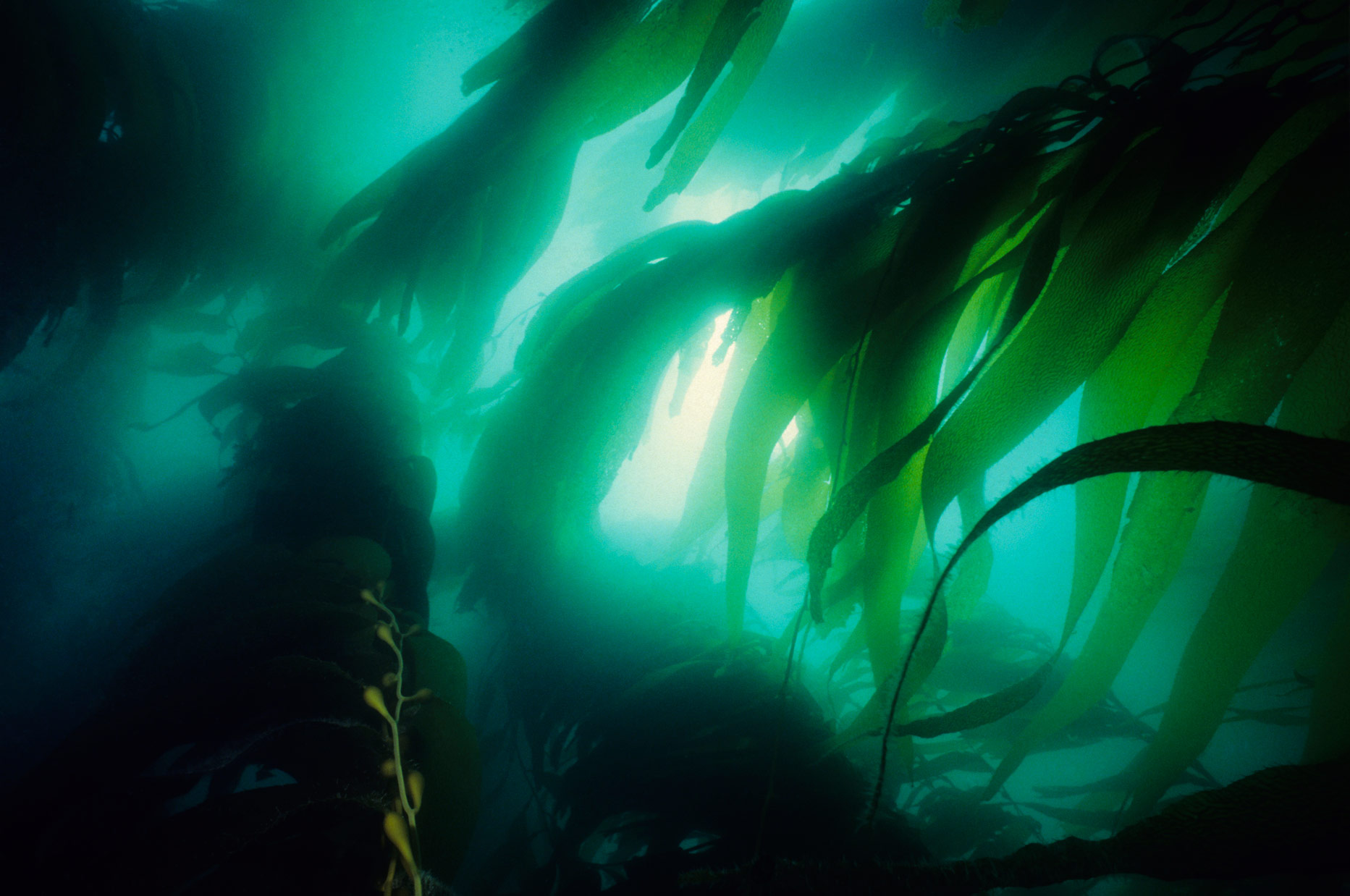Is the Algae on Florida’s Beaches Dangerous to Your Health?

If you live in Florida, you’ve heard about the menace that closed local beaches – harmful algal blooms like red tide and blue-green algae.
These bothersome algae can be seen on both coasts, and they’re raising serious health concerns for beachgoers and local marine life. What’s the real danger? Should you avoid the sand and sea? Is local seafood safe to eat?
According to the Florida Fish and Wildlife Conservation Commission, these harmful algal blooms are an overgrowth of marine plants and organisms that release various toxins into their environment. Florida’s recent occurrences of red tide are generating concern because humans are vulnerable to the toxin they release, called brevetoxin (K. Brevis), which gets into the air probably through wave action. Its toxic particles can be breathed in by locals and tourists spending a day on the beach.
What happens when you’re exposed to these toxins?
Dr. Eliana Mendes, a researcher with the University of Miami Health System, says that breathing in red tide’s brevetoxin can “cause respiratory symptoms like chest tightness, cough, running nose, and shortness of breath, especially if you have some previous respiratory disease, such as asthma. Ingestion of contaminated seafood could cause neurologic symptoms since K. Brevis is neurotoxic in high concentration.”
Marine researchers have found that these toxins remain in the fish’s guts, so filleting fresh fish can help prevent consuming the toxin. Commercial shellfish beds are closed where and when these harmful algal blooms are found. So, the seafood you find at local grocery stores and restaurants should not be affected.
Dr. Mendes adds, the “ingestion of contaminated water with moderate/high brevetoxin could cause diarrhea or nausea, but these symptoms are not permanent and should improve after a few days.”
Florida’s blue-green algae release different harmful particles with different health concerns. While exposure to toxins and compounds like cyanobacteria, microcystin, and BMAA may not cause any immediate symptoms, continued exposure is tied to the onset of long-term liver damage and neurological diseases like Alzheimer’s, Parkinson’s, and ALS.
Can you safely visit the beach?
The best way to avoid exposure to these and other harmful algal blooms is to stay away from Florida’s beaches and waterways where and when these algae are in bloom. The local government posts notices at affected beaches and recreational areas to keep the public informed of the risk.
According to Dr. Mendes, those with asthma, other respiratory diseases, or allergic rhinitis are more susceptible and should have their inhaler or other medication handy. If your asthma is severe, consider wearing a face mask or avoiding the beach until officials report that algal overgrowth has reduced to safe numbers.
Those who work on or near the beach and other affected areas may be more likely to have respiratory symptoms due to prolonged exposure.
Can we lower the risks of harmful algal blooms?
A multidisciplinary research team at the University of Miami, including Dr. Grace Zhai, whose research at the UM Miller School of Medicine focuses on neurological diseases, is studying blue-green algae’s cyanobacteria and their potential impact on human health. “With the exception of brevetoxin, little is known about the health effects of breathing aerosols with other algal toxins in them,” the team wrote.
“We’re looking at these toxins in blue-green algae that can have long-term effects,” Dr. Zhai said. “The big question is, ‘Could they be getting into the air?’”
The team’s findings will be used to help devise strategies to lower risks. This promising research, still in its early stages, was recently featured on a Regional Emmy-nominated episode of the PBS documentary television series Changing Seas (called “Toxic Waters”).
What should you do if you think you’re experiencing symptoms related to algae exposure?
The Florida Department of Health advises people to get out of the water and rinse off immediately. If you are not in the water and have a respiratory symptom, leaving the beach area and going somewhere with air conditioning (like your car or a building) should relieve symptoms. If you think you may be experiencing symptoms due to contact with red tide, call the poison control center at UM/Jackson at 800-222-1222. Poison specialists are available 24 hours a day. If you are having trouble breathing or any other medical emergency, call 911.
Tags: algae, algal blooms, Dr. Eliana Mendes
